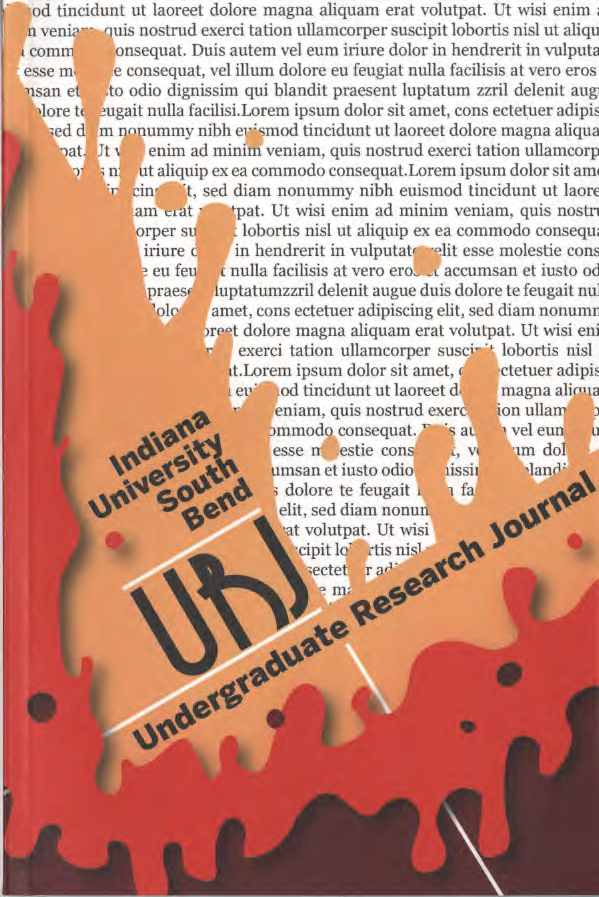Hunting Ghosts in High Heels?: A Feminist Analysis of Gender-Swapped Film Reboots
Main Article Content
Abstract
On June 8, 1984, Ghostbusters starring Bill Murray, Dan Aykroyd, and Harold Ramis was released in theaters. Despite its qllirky special effects and eccentric storyline, it qllickly became a cult classic among sci-ti and paranormal fans. It spawned merchandise, video games, novels, a theme park, and many other triblltes to the film. With the release and subsequent failure of Ghostbusters 2, it became clear that nothing, even a sequel, could live up to the hype of the first installment ("Ghostbusters"). Despite underwhelming response to the second film, fans remained loyal to the original, and one can still find those die-hard fanatics to this day, thirty-four years later. However, the original franchise lacked something: three-dimensional female characters. Sigourney Weaver plays the one female star in the film, and despite appearing to be an intellectual role-model in a sea of men, is inevitably reduced to the traditional female gender roles and stereotypes that are common when media resorts to tokenism, or the use of one person from a minority group to give the appearance of diversity (Nulman).
